What's on in Dublin - Explore Festivals and Events
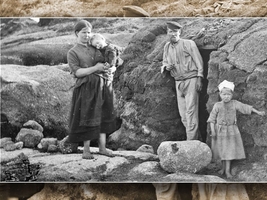
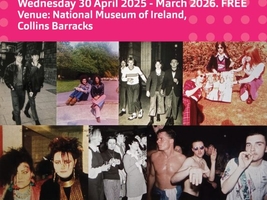


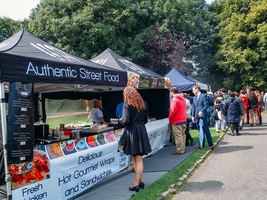
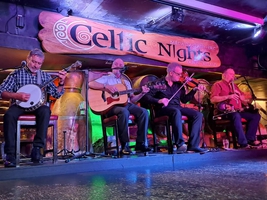
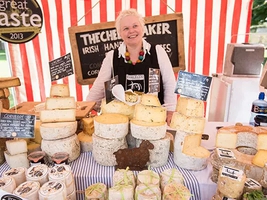
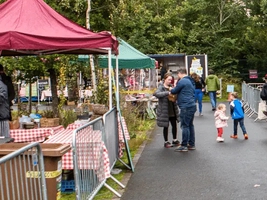









Since opening its doors in 1999, Bewley's Cafe Theatre has emerged as Ireland's foremost venue for Lunchtime Drama and has an international reputation for innovation and excellence, while maintaining a uniquely Irish and personal touch.

The Ambassador Theatre, formerly Rotund Room, Rotunda, and Ambassador Cinema, was the longest-running cinema in Dublin, Ireland, and was operational on and off until 1999.

Ranelagh Arts has been supporting inclusive and diverse cultural events since 2005, bringing exhibitions, live performances, workshops, and more to the communities of Ranelagh, Rathmines, and surrounding areas.

Mountjoy Square is located in the middle of a square of Georgian buildings on the Northside of the city centre. This historic park has a playground, three tennis courts and 7-a-side all weather football pitch.

Arthur’s, a Blues 'n' Jazz venue and restaurant pub in the heart of the Liberties, in Dublin city. A classic Dublin pub, old style but well-appointed. It has been a pub for over 200 years.

Situated in Drumcondra, close to St. Patrick's Campus and a short distance north of Dublin's city center, All Hallows adds to Dublin City University diverse educational environment.

Located in the centre of the ancient town Swords Castle contains over 800 years of history and, as a recent surprising discovery of burials beneath the gatehouse shows, it has yet to give up all of its secrets.

A Georgian mansion built in 1790, Orlagh is truly a unique house set on 50 acres on extensive mature grounds in the foothills of the Dublin Mountains, with uninterrupted views of Dublin City Centre, Howth Head and the Irish Sea.